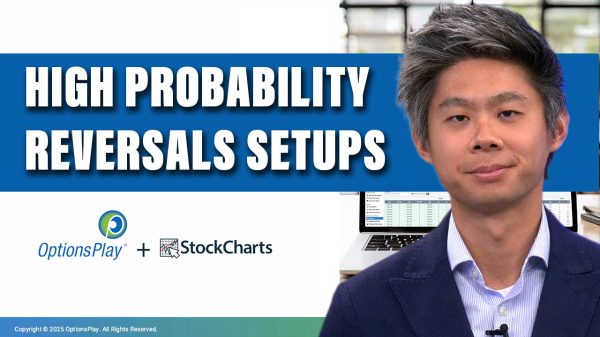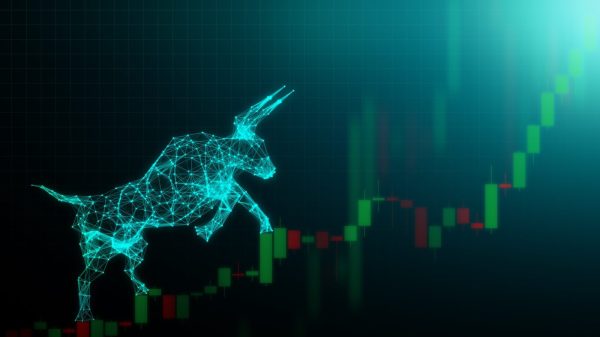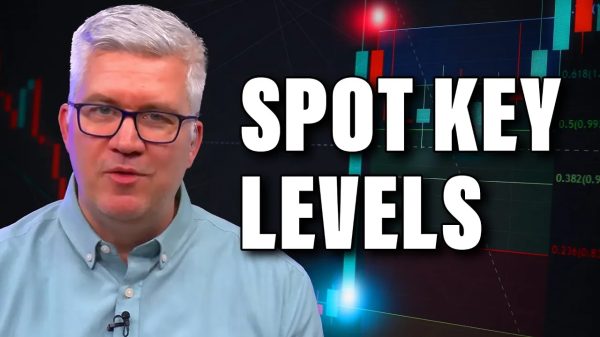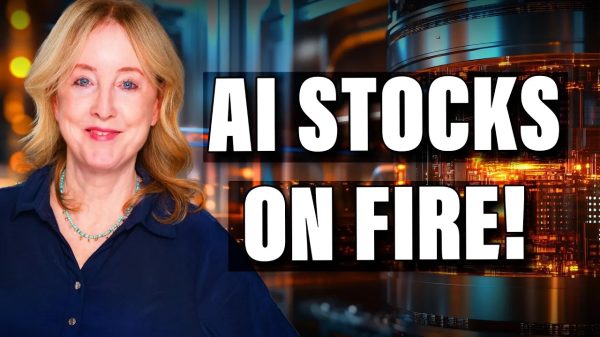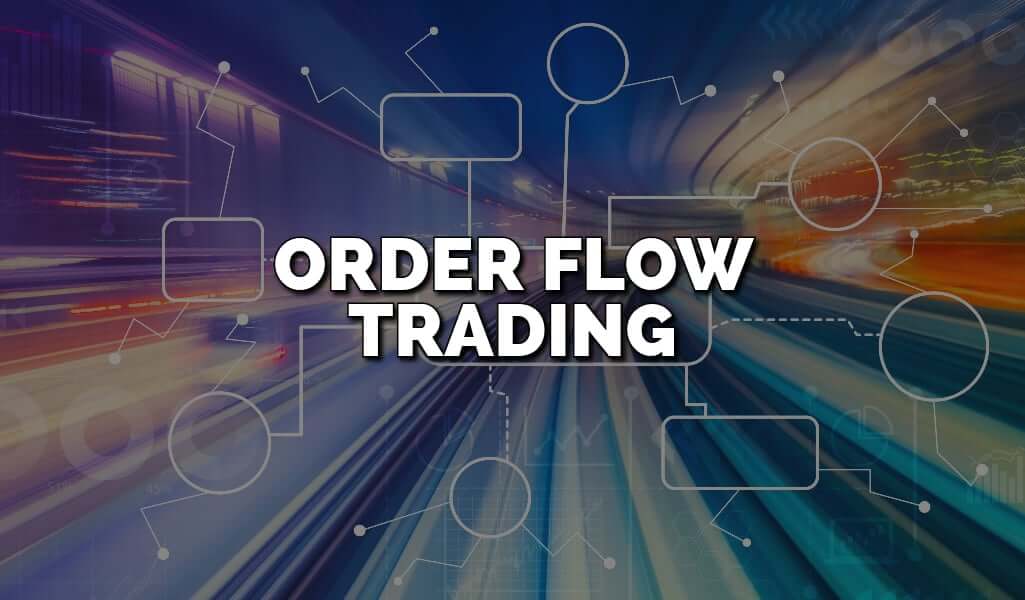Order Flow Trading: How to Use Order Flow in Forex Trading
Key Takeaways:
Order flow trading is a strategy used to analyze transaction activity in the market. It involves Volume Profile, Depth of Market, and more. Order flow analysis helps traders understand market sentiment, liquidity, and potential trend reversals. Spoof orders involve placing fake buy and sell orders in the stock market. Essential tools for order flow trading include Volume Profiles, Market Profiles, and Delta.Have you recently wondered what order flow trading represents? Are you interested in s using the order flow as a true professional in online trading?
Understanding “Order flow trading” and its effective use is important, even for those unfamiliar with the digital financial market.
That’s just one step forward in achieving greater profits in exchanging various currencies successfully.
Let’s begin by understanding the basics of Order Flow, its definition, and how we can apply it practically. This knowledge will be very beneficial to you.
What represents Order flow trading exactly?
Order flow trading is a strategy traders use to analyze the transaction activity in a market. It includes watching Volume Profiles, Depth of Market, Time and Sales statistics, Market Orders, Limit Orders, and Stop Orders.
This approach allows traders to understand the type and quantity of orders at various price levels. By assessing this information, traders can predict how these orders might influence market prices.
Traders should understand how this helps them make short-term trading decisions based on recently executed orders. Some also refer to this method as a form of volume trading.
Understanding the Order Flow Trading Analysis
Order flow analysis is a valuable tool for traders. It helps people understand the crucial Volume Point of Control (VPOC).
This analysis also sheds light on order sizes. It also helps us understand how they affect the bid-ask spread, which tells us about market liquidity. Cumulative Delta shows order flow trends over Time, indicating changes in market sentiment and possible trend reversals.
By examining liquidity pools, traders can find clusters of significant orders influencing market behaviour.
What does more advanced analysis include?
More advanced analysis includes delta divergence and cumulative Delta. Delta divergence helps spot imbalances between buyers and sellers, potentially signalling market turning points.
Cumulative Delta shows order flow trends over Time, indicating changes in market sentiment and possible trend reversals.
In order flow analysis, traders can understand the market better and make informed trading decisions.
What represent spoofed orders exactly?
Spoof orders involve traders placing buy and sell orders at certain prices in the stock market. Subsequently, they swiftly retract these orders just before the execution.
Spoof orders are when traders place fake buy and sell orders at certain prices in the stock market.
Order Flow Tools/Indicators – Explained
In Order Flow Trading, we rely on essential tools:
Volume and Volume Profiles
These are key components of my strategies. Volume Profiles highlight critical aspects like the Point of Control, OHLC (Open, High, Low, Close), and High and Low Volume Nodes.
They help assess market balance, trend strength, and possible reversal points. It’s a great starting point for newcomers to order flow.
Market Profiles
Market Profiles offer a unique way to chart market dynamics. They reveal the two-way auction process that governs price changes over Time.
It uncovers patterns in collective behaviour. Renowned market profile expert James Dalton provides an excellent description.
Market profiles deserve their dedicated guide, which I’ll release soon. Exploring James Dalton’s books can provide further insights.
Delta
Specifically, Volume Delta measures the difference between buying and selling power. It calculates the gap between the volume traded at the particular offer price and the bid price.
Cumulative volume delta charts these values for each candle. They allow you to gauge the strength of a move by assessing the aggressiveness of buyers and sellers using market orders. While I primarily use Delta for scalping, it can also benefit longer-term traders.
What to consider here?
In these descriptions, consider large orders, minimum prices, the amount shares, buying a stock, and stop-loss orders as integral elements of Order Flow Trading. They esentially enrich the understanding of these tools and indicators.
Order Flow Trading Strategies – Explained
The primary goal of order flow strategies is to assess market balance. These strategies aimt topotentially profit from price ranges or identify opportunities in case of market imbalance, which can lead to trend profits.
These are the things that anyone involved in technical analysis, order types, and so are familiar with. This evaluation relies on data from executed and advertised orders. Let’s explore key tools and indicators used to analyze these data types.
Tools/Indicators – Advertised Orders
Depth of Market (DOM) or Level Two
A DOM like eMini S&P 500 Depth of Market or Level Two Quotes for specific stocks such as Microsoft (MSFT) helps spot areas with high or low liquidity in the order book. It also gauges buyer and seller aggressiveness at diverse price levels, similar to modern tape reading.Mastering tape reading
It comes with experience as you learn how price interacts with various liquidity levels. Remember, each trading instrument, whether it’s a volatile stock like Tesla or a stable one like Microsoft, behaves uniquely.Time & Sales
The Time & Sales indicator logs each trade’s Time, volume, and price. It helps identify significant orders and assess market speed and flow. Understanding Time and sales data also requires experience, as different trading instruments have their characteristics.Liquidity Charts
Liquidity charts visually represent bid and ask orders. For instance, the chart from Bookmap’s software aims to spot regions with abundant liquidity (acting as resistance) and low liquidity, where price tends to move rapidly.Various trading platforms offer similar features to analyze liquidity effectively.
In order flow trading, tools and indicators are important for decision-making. They help traders in a dynamic market by considering price movements, order prices, and their own buy or sell orders.Recommendations of books for Order Flow Trading
If you’re eager to improve your knowledge of the Order Flow trading system in the Forex trading world, here are several books you should consider reading:
“Time Compression Trading” by Jason Alan Jankovsky “Beat The Forex Dealer” by Agustin Silvani “Trading And Exchanges” by Larry Harris.Bottom line
In conclusion, Order Flow Trading offers a distinctive approach to the markets—one rooted in reacting to market dynamics rather than attempting to predict them. This approach fosters trader confidence, reducing uncertainty in decision-making.
The tools and concepts we’ve explored require Time and practice to grasp fully. Experience is the ultimate teacher in trading, and the best way to accumulate it is through screen time.
As you embark on your trading journey, remember that learning Is an ongoing process. Hence, so, take that first step and start gaining valuable experience.
The post Order Flow Trading: How to Use Order Flow in Forex Trading appeared first on FinanceBrokerage.






